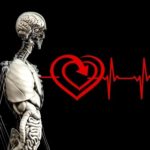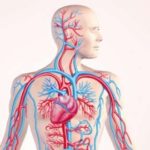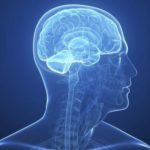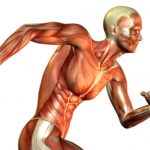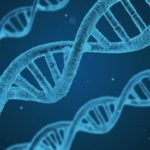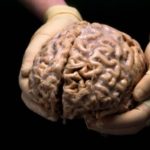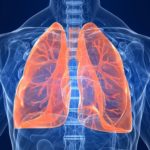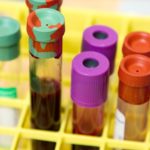Interesting facts about human organs
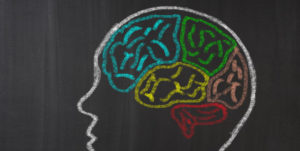 The human body is an extremely complex organism, consisting of a huge number of organs, whose healthy life depends on the healthy work. Nature has created this biological mechanism, working as a well-adjusted clock, but in need of care and care, otherwise the problems will not keep you waiting.
The human body is an extremely complex organism, consisting of a huge number of organs, whose healthy life depends on the healthy work. Nature has created this biological mechanism, working as a well-adjusted clock, but in need of care and care, otherwise the problems will not keep you waiting.
The largest body of the human body is the small intestine, whose length is 5-6 meters.
The pressure from the pulsation of the human heart is so great that when it is cut, blood can spurt up to a distance of 9 meters.
The acid in the human stomach is so caustic in its composition that it can dissolve not only food but also accidentally swallowed pieces of iron. For the same reason, the inner walls of the stomach walls are updated every few days. Failure of this process leads to the formation of ulcers.
The total length of all human blood vessels is about 100,000 kilometers. For comparison, the Earth’s circumference along the equator is just over 40 thousand kilometers.
The surface of human lungs in terms of area is comparable to the tennis court.
Women’s hearts make every minute more blows than men.
The human liver, according to research scientists, performs in the body more than 500 different functions.
The size of the adult’s heart is on average comparable to two fists, and the diameter of the aorta, through which oxygen-rich blood enters it, is the width of the garden hose.
A person can survive without a significant part of internal organs – the body will continue to function even in the absence of one lung, spleen, stomach, most of the liver and intestines, one of the organs in the groin and one kidney.
The adrenal glands are gradually decreasing as the person ages – in newborns, their size is almost equal to the size of the kidneys, and in the elderly these organs are almost impossible to discern.
Nerve impulses in the human brain are transmitted at a speed of about 270 km / h.
About 20% of the air inhaled by a person goes to ensure the work of the brain.
The human brain is 80% water.
Every minute about 3 million cells die in the human body.
The human brain is more active at night than in the daytime.
The full bladder reaches the size of the ball. Theoretically, it holds up to 800 ml of liquid, but usually people empty the bubble long before reaching this mark.
Scottish scientists found that heart attacks most often happen on Monday.
Tanning causes serious damage to the blood vessels – after “ultraviolet baths” they need from 4 to 15 months to return to normal.
The head of a person dies only after 15-20 seconds after separation from the body.
The right lung of a man is larger than the left, because the heart is also placed in the chest.
During the day, blood makes 1.5-2 thousand times per body. For a year the human heart pumps about 3 150 000 liters of blood.
The adult person daily makes about 23 000 breaths.
The brain daily generates more electricity than all the phones in the world.
The baby’s brain consists of about 14 billion cells, but with age, their number is gradually decreasing. For example, for a minute spent reading the text, the brain cells are 70 less.
In the inner ear of a person there are about 25 thousand cells responsible for responding to sounds.
